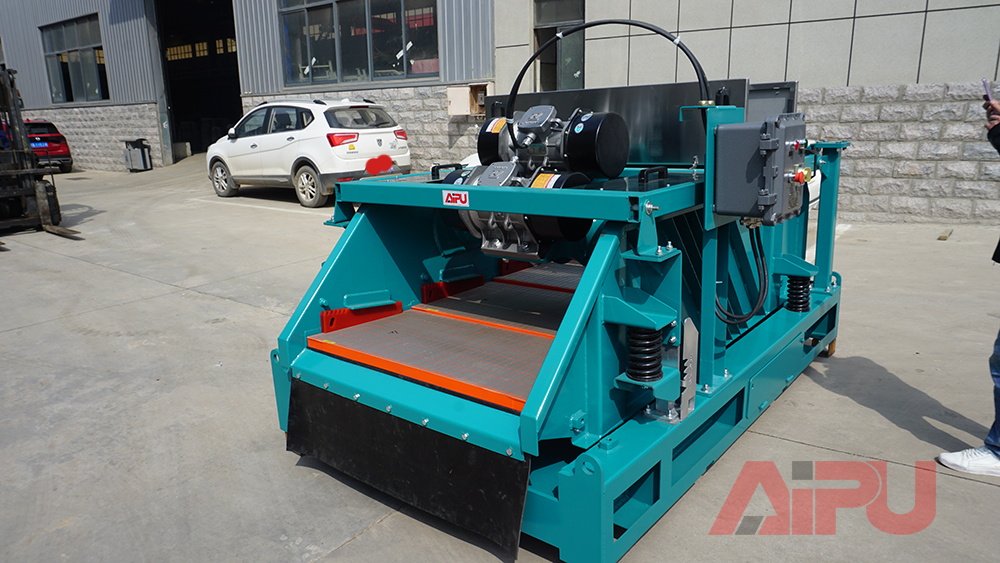In the demanding world of drilling operations, equipment reliability isn't negotiable. When it comes to shale shaker screens, API certification is the gold standard that separates high-performance components from potential liabilities. But why does this certification carry such weight, and how can you confirm its validity?
API certification validates critical performance metrics like screen durability, filtration efficiency, and structural integrity under extreme conditions. Non-certified screens risk premature failure, leading to costly downtime or even environmental hazards. Rig operators trust API standards because they're developed by industry experts and rigorously tested against real-world drilling challenges.

Beyond reliability, API certification delivers three concrete advantages: First, it ensures compliance with global drilling regulations, preventing legal or contractual penalties. Second, certified screens reduce waste by maintaining optimal fluid recovery rates. Third, they extend service life by 40-60% compared to uncertified alternatives, directly lowering total ownership costs.
Verifying API certification requires due diligence. Always demand the supplier's API Monogram Program certificate number (e.g., API 13C ISO 9001). Cross-check this number on the official API Certification Directory. Physically inspect screens for the embossed API monogram – counterfeit stamps often lack depth or clarity. Legitimate certificates include expiration dates and testing lab details; verify both with the issuing agency.
Never accept vague claims like "API compliant." Genuine certification requires annual facility audits and batch testing. For shale shaker screens, specifically confirm adherence to API Specification 13C – the benchmark for solids control equipment. Reputable manufacturers provide traceable documentation with each shipment.
Choosing API-certified screens isn't just about specifications; it's about risk mitigation. When your shale shaker screens bear the API monogram, you're investing in operational continuity, regulatory safety, and quantifiable ROI. Demand proof, verify independently, and partner with suppliers who transparently uphold this standard.
